Who has not laughed at Chaplin’s portrayal of the “Tramp” – that American migrant worker of the 1880s who hitched rides on freight trains, took what paying work was available, and stole chickens to eat? Chaplin’s inimitable character was later immortalised in the 1908 novel “The Autobiography of a Super-Tramp” by William Henry Davies (1871–1940). British rock band Supertramp that formed in 1969 took their name in a nod to this literary work.
A Swiss migrant in America
However, not so well known is a Swiss who also travelled through America as a tramp at the age of 15, subsequently chronicling his experiences in a book that reads more like a sociological than a literary study. The Swiss in question was Zurzach-born Ernst Frey (1876–1956), who crossed the United States from 1891 to 1894 before taking over a farm in Benken (canton of Basel-Landschaft) in 1905. Together with his bookworm wife, Frey, a keen socialist, published autobiographical stories such as “Güggs. Eine Geschichte” (Güggs. A story), 1912; “Oh Menschenherz” (Oh heart), 1915; “Unterwegs” (In transit), 1925; “Die Frau in Sammet” (The woman in velvet), 1930; and “Briefe an meine Frau” (Letters to my wife), 1925 – a work that documented his notable thirst for learning. Frey described his journey as a tramp, which he claims took him on foot to nearly all the US states, as early as 1906 in “Zugvogel. Skizzen aus der Heimat und überm Ozean” (The migrant. Sketches from home and overseas).
From Knoxville to Cincinnati
He only gets on the train “as a last resort”, he writes – to join a group of “20 to 50 tramps” on the way from Knoxville to Cincinnati. A stick of chewing tobacco helps him win the group’s trust. “I gave each of them a piece, and their eyes melted.” An old man in the empty freight car recounts stories from the Civil War. “The train began to move. Everyone lay stretched out on the deck and chewed their tobacco, evidently enjoying the rattling and shaking that grew ever more pronounced.” In Livingston, the train engineer tries to banish the uninvited passengers with water from a hose. “Luckily, I managed to lie face down. Otherwise, I would have drowned from the sheer force of the water.” He then hears a voice outside the car: “No more water, unfortunately! Otherwise –the devil catch me – I would have drowned them all like rats!” A dozen tramps later beat the train engineer to a pulp, he subsequently reads in the newspaper.
I love the United States because no other country allows me to satisfy my wanderlust as much as America does. I love its size and beauty, all its natural wonders, and not least its freedoms. I live my life here in such a way as to remain mentally and physically fit. Things are completely different in my home country. I soon would have come to a sticky end there.
Ernst Frey, “Zugvogel. Skizzen aus der Heimat und überm Ozean” (The migrant. Sketches from home and overseas)
Verlag Arnold Bopp, Zurich, 1906; out of print
Even Polly cannot stop him
Before he can return on a cargo ship to Liverpool in 1894, the young Swiss works as a chef on an oyster island, where he has a dramatic love affair with Polly, a girl of Amerindian extraction – herself only 17-years-old. Beaten and driven away from home by her father, the girl wants to accompany Frey on his journey. But the writer rules this out: “It was impossible for the girl to be my travel companion.” Although head over heels in love, he holds firm– even after Polly nurses him back to health after a bout of malaria, and goes as far as to steal for him. Thanks to Frey, Polly is acquitted of theft. The teenagers leave the courtroom – and after the couple show their mutual affection on the river bank and sing American songs together, Frey secretly leaves “the most beautiful little Yankee” he had ever seen in order to resume his carefree hobo existence. “Saying goodbye to Polly a second time would have been too hard for me.”
Ernst Frey’s books are no longer in print.
Charles Linsmayer is a literary scholar and journalist in Zurich.
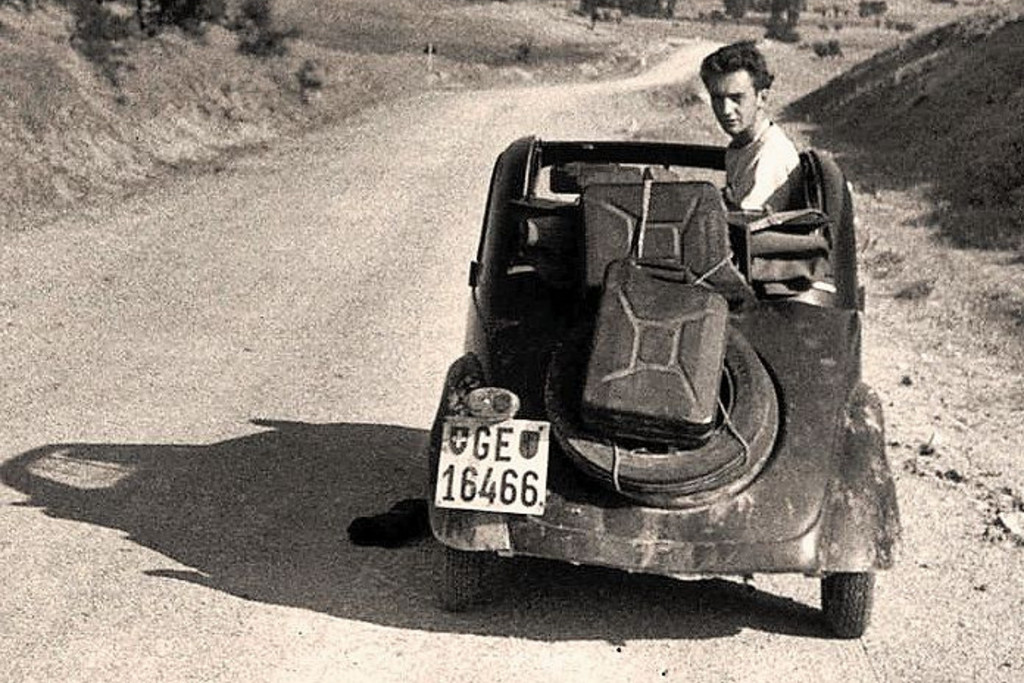
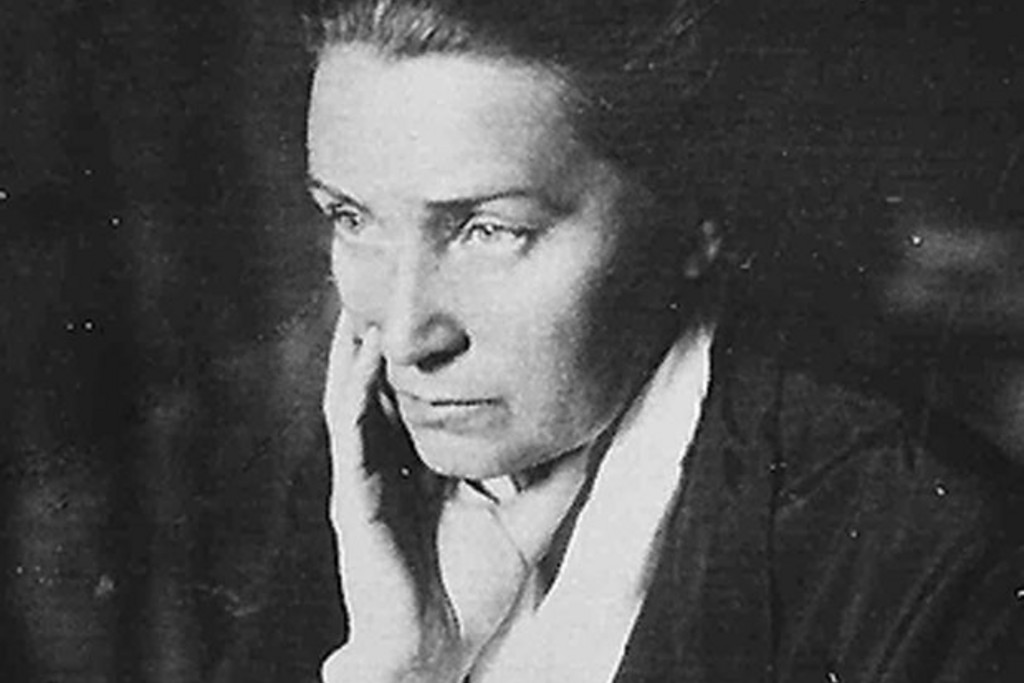


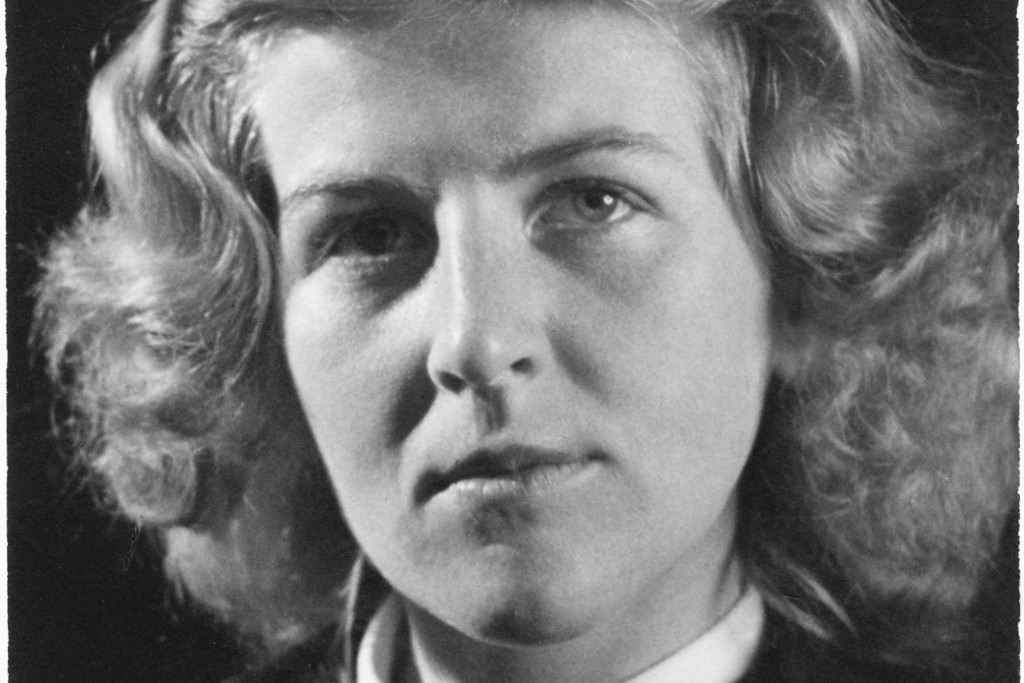
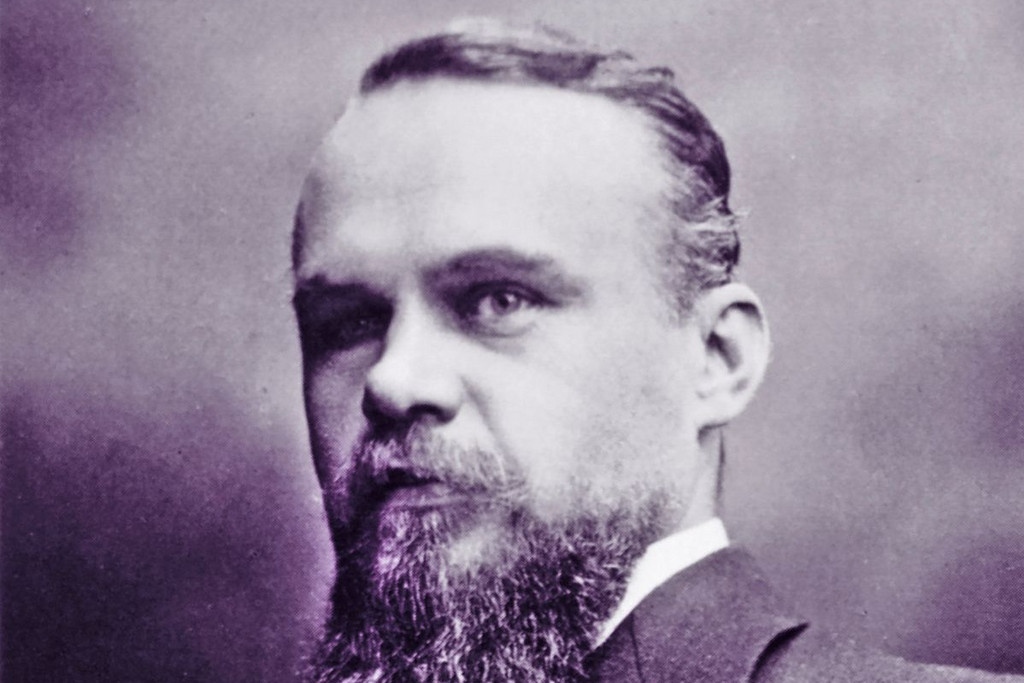

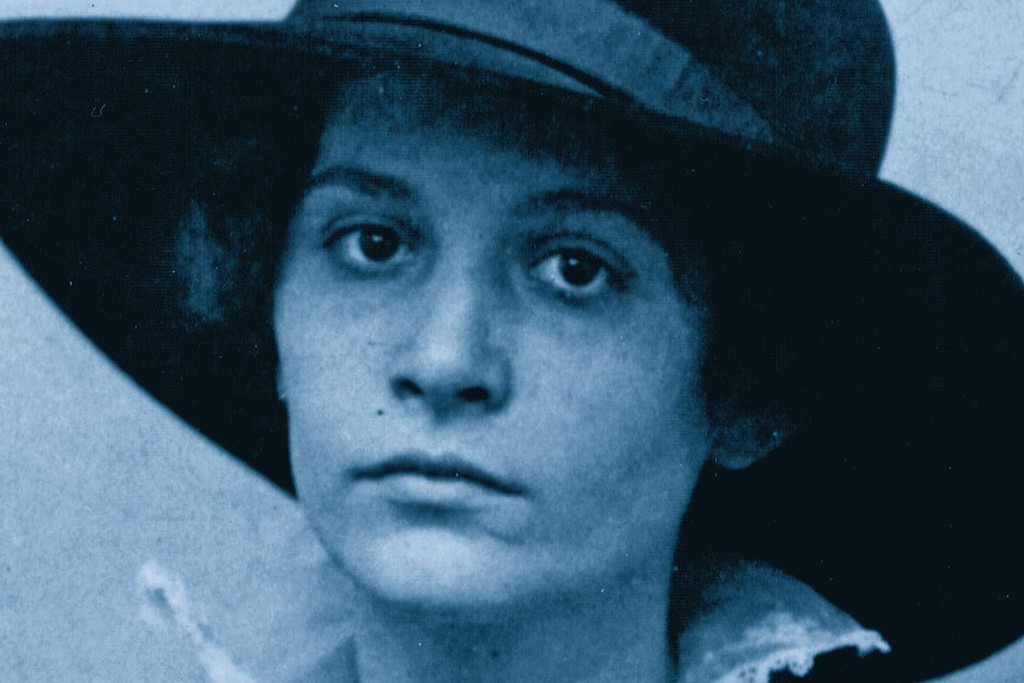


Comments